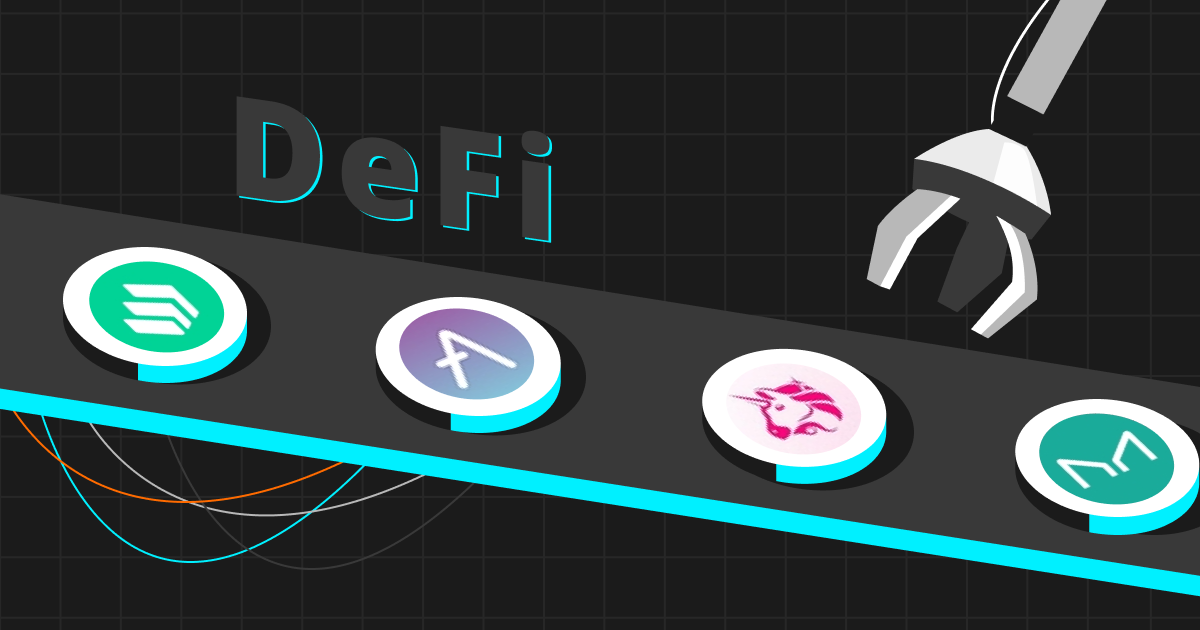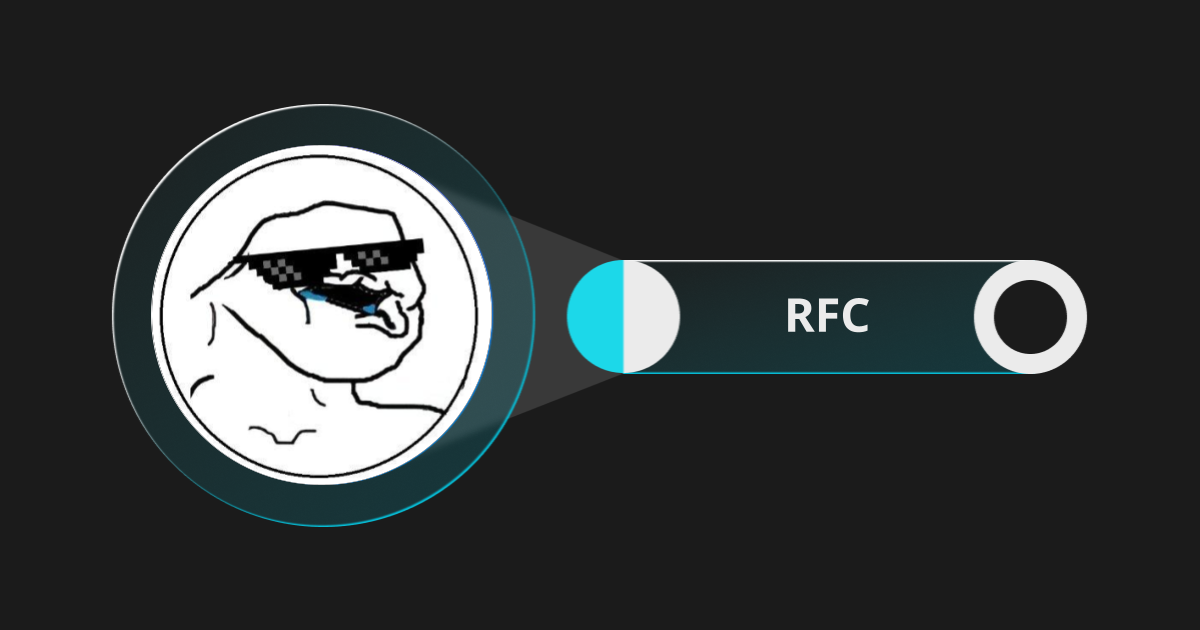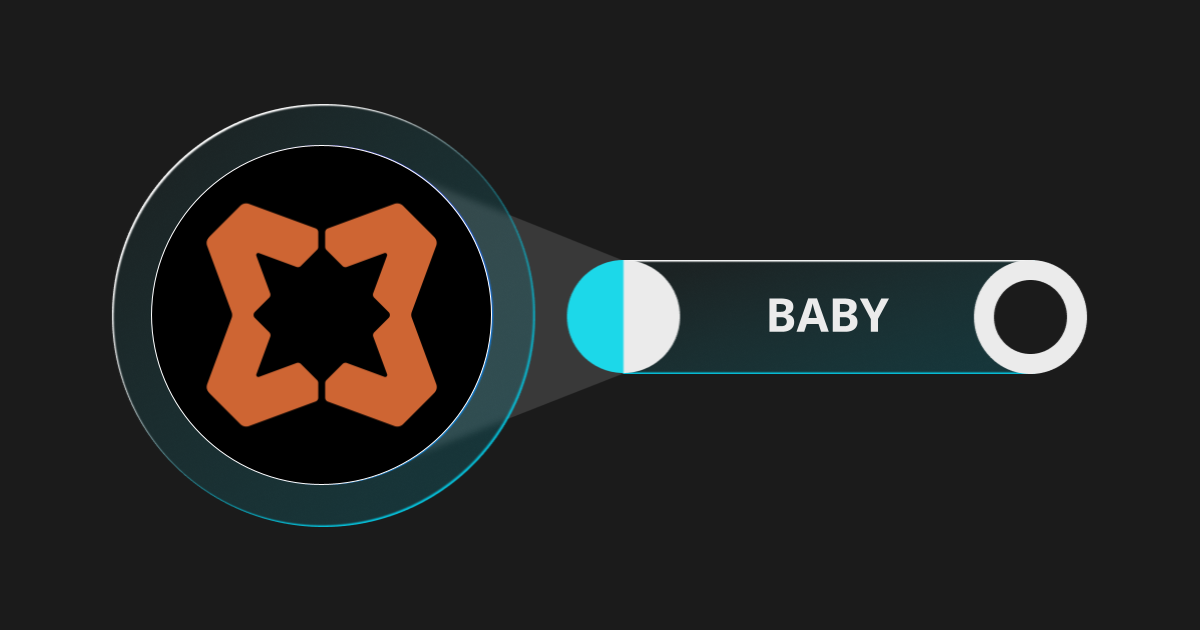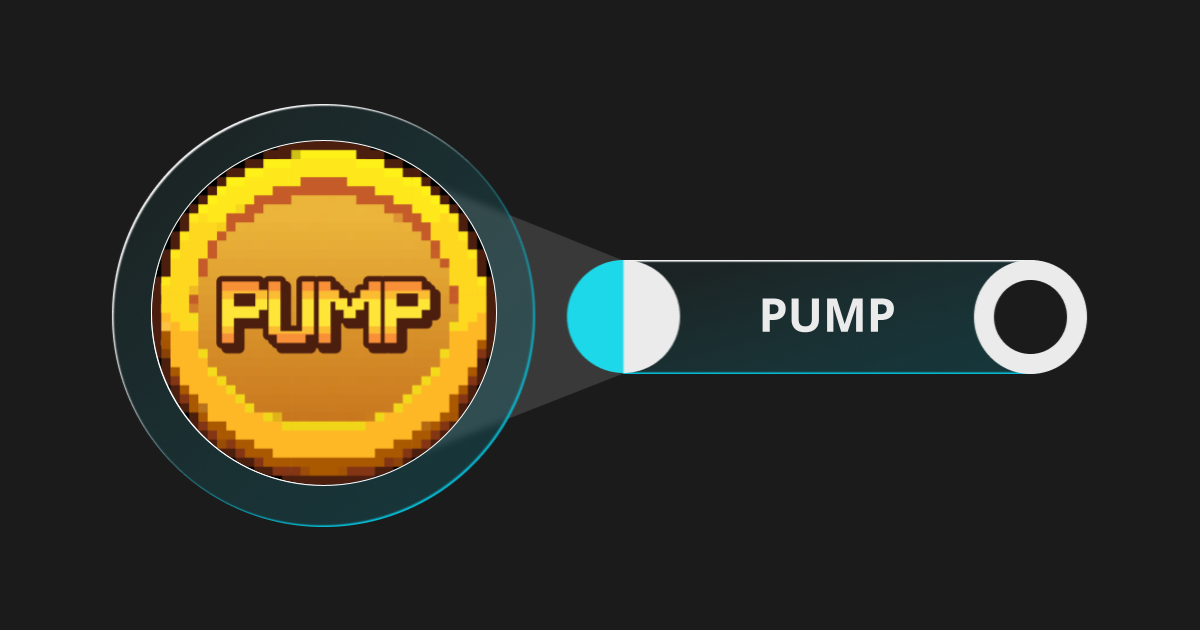New Listings

The DeFi Surge: Promising Projects and Opportunities
Beginner
2023-11-07 | 5m
In the recent week, DeFi coins like COMP, MKR and AAVE have surged by 50%, 47%, and 29% respectively. This surge not only boosted the entire crypto market, it sparked fervent discussion within the crypto community about a potential DeFi summer. The surge of these coins also reflects the market's growing confidence and interest in DeFi, turning it into one of the hottest topic in the crypto world.
This article aims to shed light on the potential and opportunities in the DeFi sector. In particular, it will address what DeFi is, assess whether the surge of popular tokens like COMP will spark a mini-bull market, and highlight promising DeFi projects.
What is DeFi?
DeFi, short for decentralized finance, is one of the hottest sectors within the crypto industry in recent years. It is a blockchain-based financial service that aims for greater openness, transparency, and accessibility by eliminating intermediaries in traditional finance and automating on-chain transaction execution through smart contracts and decentralized protocols. Financial services currently available on DeFi apps include lending, trading, investment, and insurance.
How does DeFi work?
DeFi refers to decentralized financial services built on blockchain technology, which operates very differently from traditional finance. DeFi apps often use smart contracts and decentralized protocols to facilitate financial transactions and services. These contracts and protocols are programmed and deployed on blockchains by developers, and they can execute predetermined logic and rules automatically without human intervention.
Users can access decentralized apps through their digital wallets, allowing them to engage trade, lend, borrow, and invest digital assets. These digital assets are typically
Ethereum and other cryptocurrencies, which are stored in the user's digital wallets. Users can access these financial services and features through various DeFi protocols. The decentralized nature of DeFi apps means they operate without a central governing body, but are managed and maintained by joint community efforts.
The advantages of DeFi
The traditional financial system relies on centralized institutions like banks, securities firms, and futures companies to underwrite and manage transactions. However, this approach often leads to high costs, inefficiencies, and a lack of transparency. In contrast, DeFi is decentralized, transparent, and fully open.
Decentralization: DeFi is fully decentralized, meaning that no single centralized institution or individual has control over assets or data. It is safer and more transparent as there is no single point of vulnerability.
Transparency: DeFi's transactions and agreements are fully public and can be viewed and audited by anyone. This high level of transparency increases trust and reduces investment risks.
Accessibility: DeFi's permissionless nature means that anyone can participate and enter this sector freely. This helps to reduce poverty and inequality by making financial services accessible and affordable to more people.
Interoperability: DeFi protocols are designed to be interoperable, allowing for the construction of sophisticated financial products like building blocks. Users can also transfer their digital assets freely between different protocols without having to trade via centralized exchanges or banks.
Trustless: DeFi protocols operate on smart contracts, which ensures automatic execution without the need for human intervention. This trustless nature increases efficiency and reduces transaction costs.
Despite its advantages, DeFi is not without risks. Firstly, the open nature of DeFi leaves it susceptible to malicious activities and vulnerability exploitations. Secondly, DeFi protocols, which are based on blockchain technology, are limited by the underlying blockchain's transaction confirmation speed and throughput. Finally, as an emerging concept, DeFi still lacks a globally established regulatory framework, which leads to compliance uncertainties.
DeFi's use cases
In many developing countries and regions, a significant portion of the population still lacks access to traditional financial services like deposits, loans, and insurance. DeFi is able to step in to provide more accessible, convenient, and cost-effective financial services. Furthermore, in this digital economy era, DeFi offers a more secure, transparent, and efficient means of managing and trading digital assets, resulting in a more diversified range of financial products along with convenient and cost-effective solutions. Below are the main use cases of DeFi:
Loans: DeFi provides decentralized lending protocols that allow users to lend and borrow without the need for centralized intermediaries. This not only brings down interest rates and fees but also improves accessibility.
Trading: DeFi's decentralized trading protocols allow users to trade without centralized exchanges. This increases liquidity and reduces transaction costs.
Stablecoin: DeFi supports the issuance of stablecoins, which are a type of digital currency pegged to other assets to maintain price stability. Stablecoins serve to offset the volatility of
cryptocurrency prices, and are used in cross-border payments and remittances.
Insurance: DeFi provides decentralized insurance protocols that allow users to purchase insurance plans without the need for traditional insurance companies. This leads to reduced insurance premium, increased transparency, and improved accessibility.
Prediction market: DeFi provides decentralized prediction markets where users can predict and place bets on events. This increases market efficiency and transparency.
Financial derivatives: DeFi also offers a range of financial derivatives including synthetic assets, futures contracts, options, and leveraged products. These derivatives help users better manage risk, capture market opportunities, and increase returns.
DeFi projects to watch
Compound
Compound is a decentralized lending platform that automates asset management and lending transactions through smart contracts. Users deposit cryptocurrencies into the Compound protocol to borrow other cryptocurrencies such as DAI, and USDC. Borrowers need to provide a certain amount of collateral to secure the borrowed funds. If the value of the collateral decreases during the loan period, the borrower is required to add more collateral or repay the loan. Compound also offers a mechanism for earning interest on deposited cryptocurrencies.
Trade
COMP
now on Bitget.
Uniswap
Uniswap is a widely popular
DeFi trading protocol known for its innovative automated market maker (AMM) algorithm used in price determination. This algorithm calculates prices based on the ratio of cryptocurrencies in the fund pool, allowing prices to adjust automatically based on supply and demand. No centralized matchmaker is needed for the exchange between tokens, enabling simple, fast and transparent trading. Uniswap boasts the advantages of decentralization, low entry barrier, and high liquidity. Anyone can contribute funds to the pool, thereby increasing liquidity and transaction efficiency.
Trade
UNI
now on Bitget.
AAVE
AAVE is a decentralized lending protocol designed to offer a more flexible and transparent borrowing experience. Users can deposit cryptocurrencies into the protocol to borrow other cryptocurrencies. What sets AAVE apart is that it allows users to choose from different loan models, including stable and variable rate loans. This allows users to better manage risks and returns, and select the most suitable borrowing plan based on their needs. Another distinctive feature of AAVE is Flash Loans, which enables users to borrow immediately without putting up any collateral at a very fast transaction speed. Flash Loans are often used for arbitrage and liquidity management.
Trade
AAVE
now on Bitget.
Lido DAO
Lido DAO is a decentralized organization created to provide infrastructure and services to validators of Ethereum 2.0 and other PoS blockchains, including Ethereum (ETH),
Solana (SOL), and
Polygon (MATIC). LDO is the governance token of Lido DAO, which gives holders the right to participate in decision-making and voting. Holders can vote for or against proposals to shape the future of Lido DAO.
Trade
LDO
now on Bitget.
MakerDAO
MakerDAO is a decentralized autonomous organization that issues stablecoins and provides decentralized financial services. MKR is the governance token of MakerDAO, which gives holders the right to participate in the DAO's governance. Holders can vote for or against proposals to shape the future of MakerDAO. With limited supply, MKR is scarce and valuable. The supply of MKR depends on the availability of loans and collateral in the system. If the value of the collateral falls or there is a risk in the system, some MKR tokens will be burned to reduce the overall supply.
Trade
MKR
now on Bitget.
Conclusion
DeFi holds a crucial position in the crypto industry and is worthy of investors' attention. It enables a decentralized financial system with the help of blockchain technology, providing numerous benefits and use cases, all while driving blockchain technology into the mainstream. Nevertheless, DeFi also presents its own set of risks and challenges that require our continued attention and exploration.
Not a Bitgetter yet?
Sign up
now to embark on your journey into the world of crypto!
Disclaimer: The opinions expressed in this article are for informational purposes only. This article does not constitute an endorsement of any of the products and services discussed or investment, financial, or trading advice. Qualified professionals should be consulted prior to making financial decisions.
Share

How to sell PIBitget lists PI – Buy or sell PI quickly on Bitget!
Trade nowRecommended
We offer all of your favorite coins!
Buy, hold, and sell popular cryptocurrencies such as BTC, ETH, SOL, DOGE, SHIB, PEPE, the list goes on. Register and trade to receive a 6200 USDT new user gift package!
Trade now

